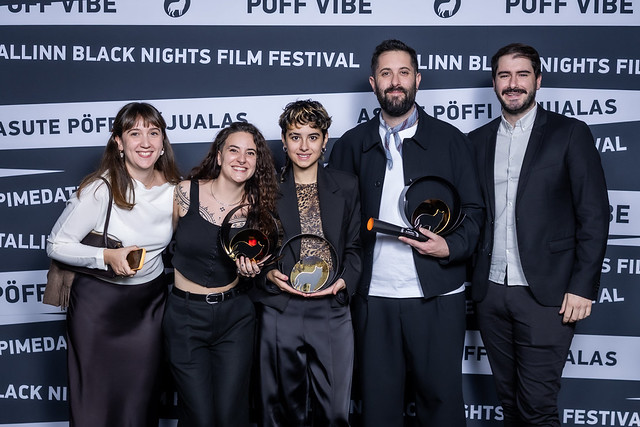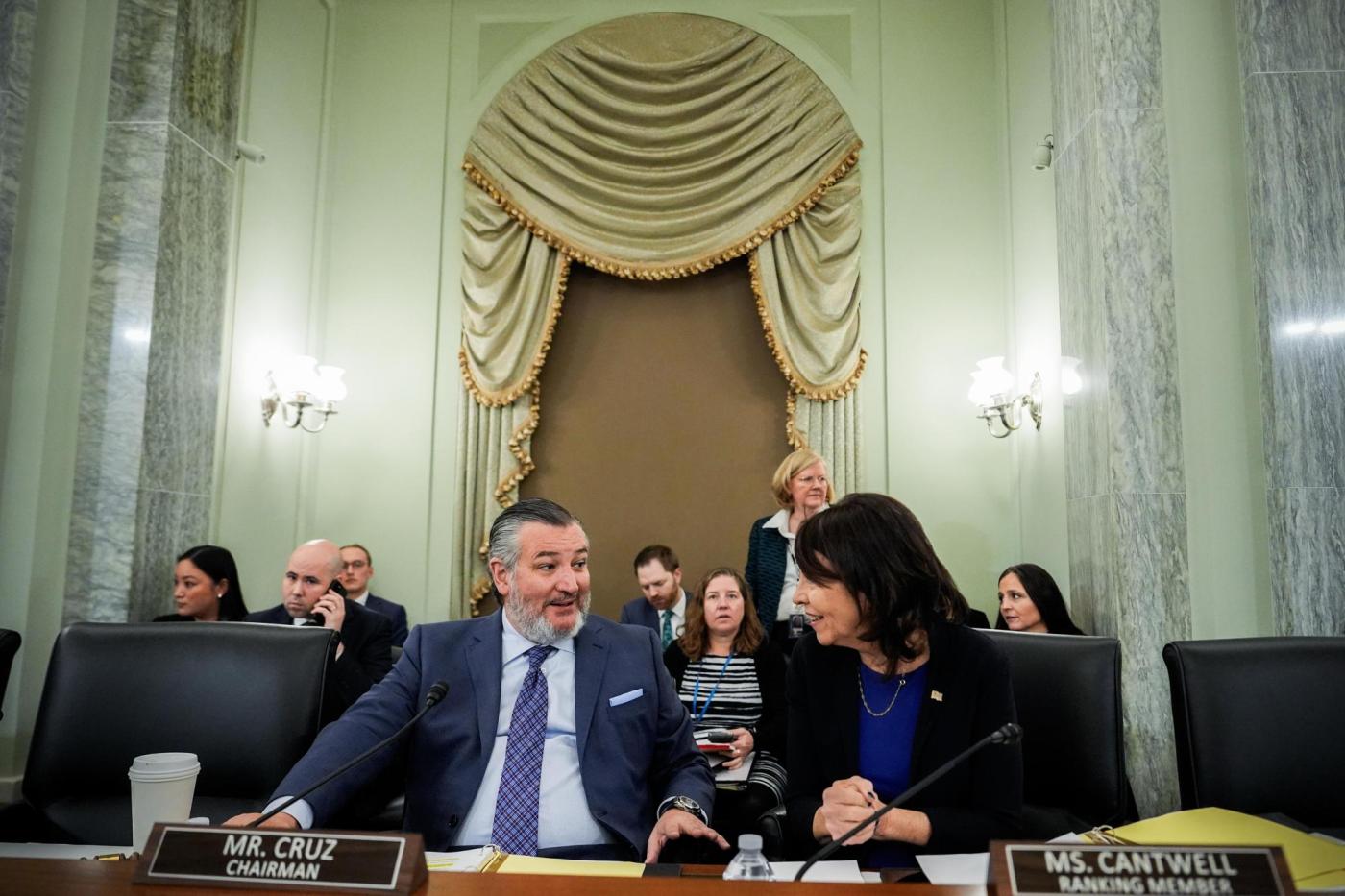Family Dramas Shine at Tallinn Black Nights Film Festival Awards

The Tallinn Black Nights Film Festival concluded its 29th edition with a celebration of storytelling and creativity, highlighting family dramas that resonated deeply with audiences. The festival, which ran from November 7 to 23, 2023, showcased an impressive array of films, culminating in a vibrant awards ceremony that honored diverse talents.
Catalan cinema took center stage as Julia de Paz Solvas’s family drama, The Good Daughter, captured the prestigious Grand Prix. This film, which explores the complexities of a teenage girl’s relationship with her family, also earned Kiara Arancibia the title of Best Actress for her captivating performance. The jury praised her role as “mesmerizing” and highlighted the film’s sensitive handling of difficult themes.
In a heartfelt acceptance speech, Solvas expressed gratitude to her co-writer, Núria Dunjó, stating, “We started this film with the desire to reclaim fundamental rights such as children’s rights, living in a relationship of violence.” The festival’s emphasis on family continued with other major awards, including the Best Director accolade going to Ali Vatansever for Lifelike, and an award for Best Original Score.
Resilience in Artistic Expression
The awards ceremony reflected a broader theme of resilience and togetherness, especially in light of ongoing global conflicts. The war in Ukraine was ever-present in the minds of many attendees, influencing the narratives and discussions surrounding the films presented. “In times like these, comedy is part of our mental survival toolkit,” remarked Norway’s Ståle Stein Berg, who received the Best Screenwriter award for his political satire, No Comment. He emphasized the importance of continuing to create art that fosters connection and love amidst turmoil.
Danish filmmaker Christian Bonke received accolades for his film Hercules Falling, which addresses the trauma of war and its lingering effects. Bonke dedicated his film to the victims of war, stating, “The film started before Ukraine, and today we’re in a situation where all countries put more money into this military conflict.” His passionate speech resonated with many in the audience, reinforcing the festival’s commitment to meaningful storytelling.
Lithuania made a significant impact at the festival, attending with a record 17 titles and securing nine awards across various categories. The country showcased its dynamic new generation of filmmakers, supported by established producers like Uljana Kim, who was instrumental behind several winning projects.
Finland also marked its presence with notable achievements, including the Best Film award at the Doc@PÖFF International Competition for Days of Wonder. The film The Well, produced by newcomer Siiro Halto, received the €20,000 ($23,000) Eurimages Co-Production Development Award, highlighting Finland’s growing influence in the film industry.
Celebrating Animation and Film Education
The festival also recognized contributions to animation, honoring Janno Põldma, a pioneer in Estonian cinema, with a Lifetime Achievement Award. Põldma’s work, particularly in creating beloved characters and children’s films, was celebrated during the sub-festival Just Film. Marge Liiske, head of Industry@Tallinn & Baltic Event, emphasized the importance of film literacy in schools, advocating for greater attention to films aimed at younger audiences.
The festival’s commitment to education and training was evident at Tallinn’s Discovery Campus, where various awards were presented. Among the highlights was the first Honorary Award given to Jessica Hausner, a two-time Palme d’Or contender, who underscored the vital role of art in provoking questions rather than providing answers.
With a total of 252 feature films and 275 shorts showcased from 79 countries, including 111 world premieres, the festival confirmed its status as one of the leading film events globally, alongside Cannes and Berlin. Nearly 860 accredited guests from around 50 countries participated, reinforcing the festival’s reputation as a key gathering for film professionals.
As the Tallinn Black Nights Film Festival prepares to celebrate its 30th anniversary next year, festival director Tiina Lokk expressed excitement for the future, stating, “I can see that producers, filmmakers and distributors finally understand our DNA and send us their film gems for us to showcase.” The festival continues to be a vital platform for artistic expression, uniting filmmakers and audiences in the shared love of cinema.





